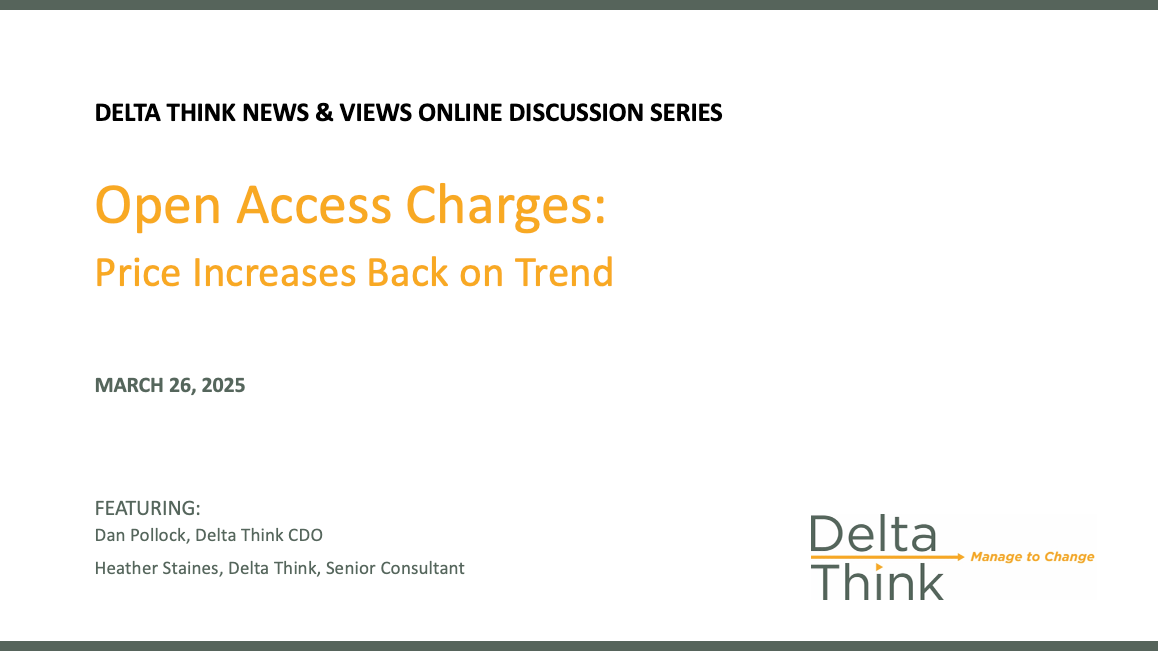By Lori Carlin
•
April 29, 2025
“I had a wonderful teacher about animal behavior.” – Jane Goodall Jane Goodall was renowned for her ability to understand chimpanzees in the wild simply by observing their day-to-day behaviors. Her subjects were her teachers. She immersed herself in their natural environment, which allowed her to gather authentic insights into her subjects’ social structures, tool use, communication, and cultural behaviors. This ethnographic style of research has now been adopted by the business world to gain deeper insights into customer needs, workflows, and challenges. What is Contextual Inquiry? Contextual Inquiry, as it’s frequently called in the commercial world, is a user-centered research method. Like Dr. Goodall in the field in Tanzania, Contextual Inquiry involves observing and interviewing users in their natural environments while they perform routine tasks, allowing market researchers to understand user behaviors, goals, motivations, and pain points in real-world contexts. The methodology is guided by four key principles: Context: Observations and interviews occur in the user’s actual environment. Partnership: Researchers collaborate with users to understand their processes. Interpretation: Insights are shared with users during the interview for clarification. Focus: The interaction is steered toward topics relevant to the research scope. Why Contextual Inquiry? Contextual Inquiry illuminates user behavior and workflows and can be used to inform solutions including product development, processes, and policies. 1. Deep Understanding of User Needs By observing users in their natural environment, contextual inquiry uncovers hidden needs, pain points, and behaviors that users may not articulate in surveys or traditional interviews. This identifies solutions that address real user challenges rather than assumed ones. 2. Authentic Data Collection Unlike lab-based studies or self-reported methods, Contextual Inquiry captures authentic behaviors as they occur. This helps reveal workarounds, unconscious habits, and environmental factors that influence user behavior. 3. User-Centered Design and Focus The method places users at the center, ensuring solutions are tailored to their needs and preferences. 4. Reduced Risk and Costs By identifying real-world user behaviors and challenges, Contextual Inquiry increases the likelihood that resulting solutions, products, processes, and policies meet user needs. 5. Informed Strategy Insights from contextual inquiry help prioritize users’ needs and challenges, identify new opportunities, and ensure alignment of product and strategy roadmaps with market demands. 6. Empathy Building Direct observation helps teams develop empathy for users by experiencing and understanding their challenges firsthand. Use Cases and an Idea Delta Think uses a Contextual Inquiry methodology to apply the principles above in several different types of projects: Understanding specialized work processes and designing complex systems or workflows Exploring new product opportunities Redesigning existing products Informing processes and policies One way Delta Think can use Contextual Inquiry to help publishers is around the use of AI by researchers and authors. For example, before developing any guidelines, it is critical that publishers first understand how these tools are being used. Using Contextual Inquiry to observe how researchers and authors are currently using AI allows you to build policies that address specific use cases and provide meaningful guidelines based on actual behaviors. At Delta Think, we know how powerful a tool Contextual Inquiry can be for creating a user-centered culture grounded in decisions based on real-world insights and observations. We specialize in uncovering evidence for our clients, discovering what that evidence means for them, and using the knowledge gained to build customer-driven products, policies, and actionable business and publishing strategies. Ready to start the conversation? Please reach out today to discuss how our market research expertise, including Contextual Inquiry, can help your organization unlock key insights to support development and growth.











